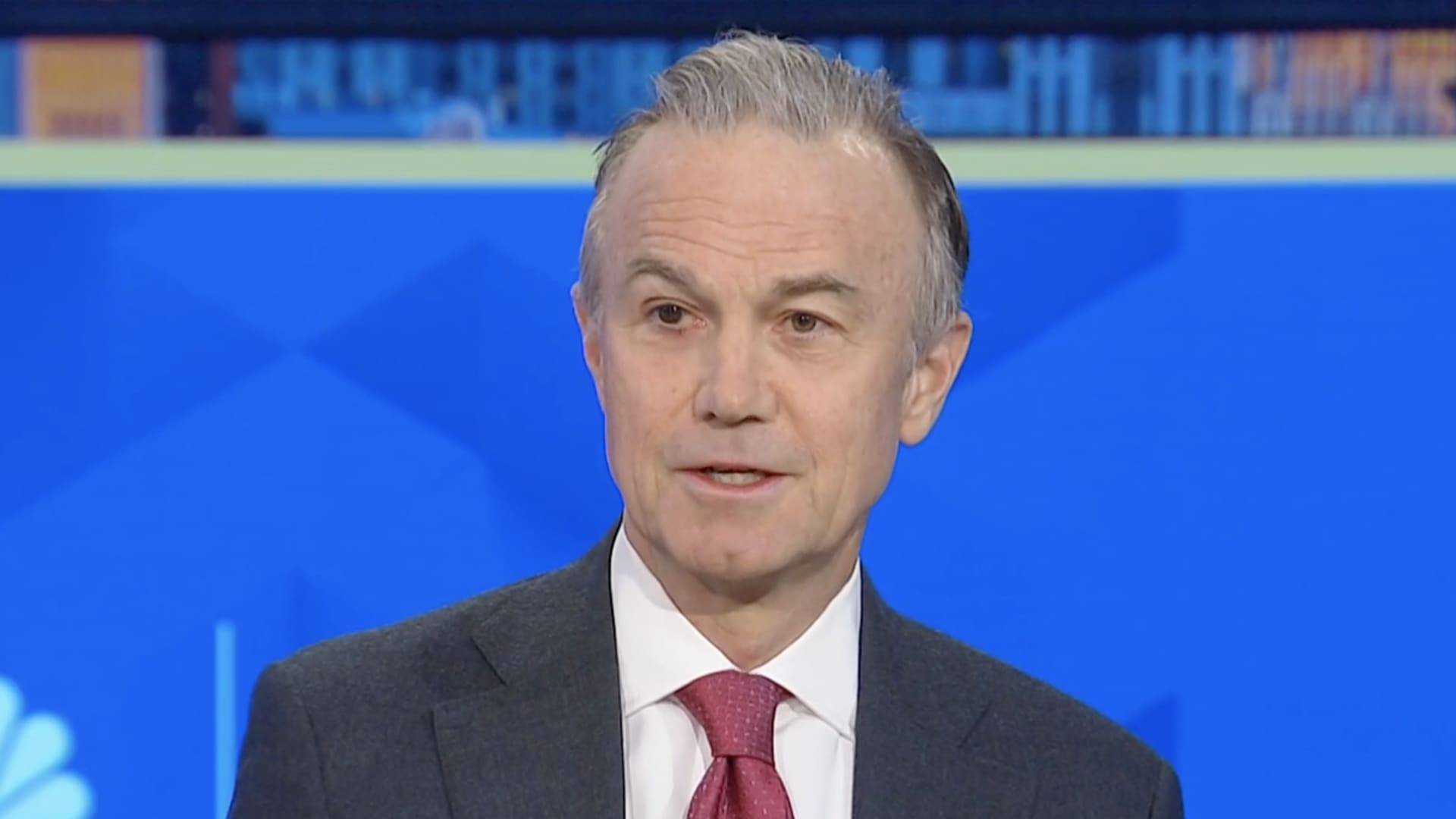Greg Fleming, Rockefeller Capital Management president and CEO, speaks during CNBC’s ‘Squawk Box’ on July 10, 2025.
CNBC
Rockefeller Capital Management, the wealth manager born from John D. Rockefeller’s family office, has raised new funds from investment firms of other ultra-rich families, CNBC has learned.
On Tuesday, Rockefeller plans to announce the financing and its new valuation of $6.6 billion, up from $3 billion in 2023. The terms of the recapitalization, which traditionally use equity or debt to fund growth, strengthen the balance sheet, or provide liquidity to investors, were not disclosed.
The recapitalization was led by Mousse Partners, the family office of Chanel’s owners; Progeny 3, a Kirkland, Washington-based firm built on a shipping fortune; and Abrams Capital, the hedge fund manager founded by David Abrams, a protege of The Baupost Group’s Seth Klarman.
The Rockefeller family still owns a minority stake in the firm, having rolled over some of their equity from their former family office into Rockefeller when it was formed in 2018 with only $18 billion in assets. The firm now manages $187 billion in assets, mostly through its global family office division. Rockefeller also has asset management and investment bank divisions.
With the transaction, which is expected to close by the end of 2025, hedge fund and founding backer Viking Global Investors will no longer be the firm’s majority shareholder, but will still own the largest stake.
Rockefeller CEO Greg Fleming told CNBC in an interview the new investors are emblematic of the entrepreneurial, high-net-worth clients that the firm targets. Rockefeller typically caters to clients with $25 million to $100 million in assets. With the fresh funding, the firm plans to reach more American business owners by hiring more advisors in existing markets including Boston and Houston and new ones like Miami and Minneapolis, he said.
“Our new families that are investing here have created wealth through building businesses,” Fleming said. “In America, 4 [million] to 5 million new businesses are started and developed every year.”
Rockefeller is also looking to tap into international wealth by partnering with local wealth advisory firms, most likely in Singapore and the Middle East, he said.
“The Rockefeller brand is a global brand, an iconic brand,” he said, pointing to the Standard Oil family’s philanthropic efforts abroad, such as founding a hospital in Beijing over a century ago. “That’s another growth lever. The slingshot that we’ve got coming out of this transaction will allow us to go after it.”
Fleming said negotiations for the financing began in earnest this past summer. He said the patient capital of family offices, which can afford to invest for decades or even generations, were a good fit for the firm’s long-term vision. The Desmarais family, one of Canada’s richest, invested $622 million in Rockefeller in 2023 through its financial services conglomerate, Power Corporation of Canada.
“They know if you’re going to build something that’s excellent that it takes time, and they look for investments that flourish over the long run,” Fleming said of family-office investors.
Mousse Partners, the family office of Chanel owners Alain and Gérard Wertheimer, is better known for its consumer bets such as clean beauty label Beautycounter, recently rebranded as Counter, and the luxury fashion brand The Row. That said, Mousse Partners has invested in financial services before, having backed the private takeover of Rothschild & Co. alongside the bank’s namesake family and the families behind Peugeot and Dassault.
Fleming said family offices see wealth management as a growth business with stable fee-based revenue. He added that the firm is also poised for growth during the great wealth transfer, with $124 trillion expected to be passed down by 2048 by Cerulli Associates’ estimate.
“If you’re focused on the client first, and you do a really good job, you can do more and more for the existing clients and bring in more and more new clients,” he said.
The lofty expectations of ultra-rich clients also plays into the firm’s favor, as they increasingly expect a broad range of services from direct investing advisory to philanthropic education and a seamless tech interface, he said.
“It’s a business where, particularly in 2025, there’s a lot of investment needed to be able to create the capabilities to serve these high-net-worth and ultra-net-worth families. They are sophisticated,” he said. “It’s quite hard to do it.”





